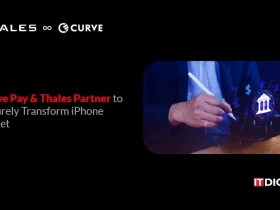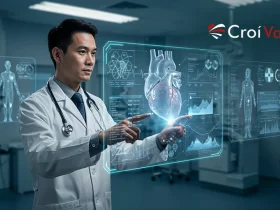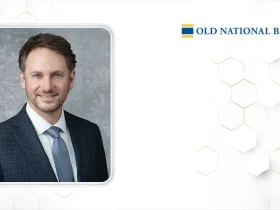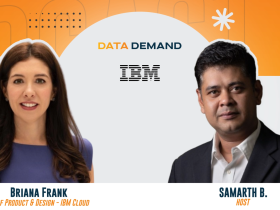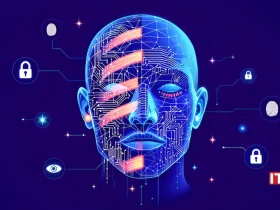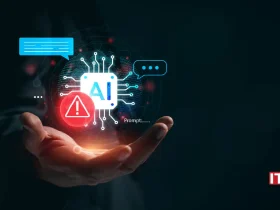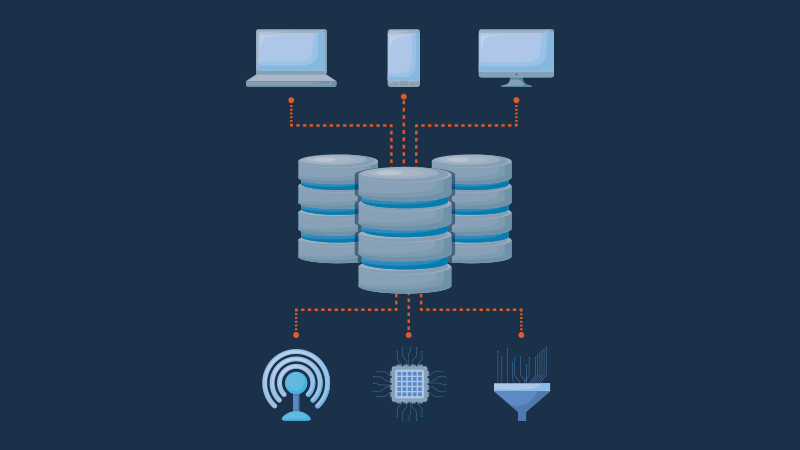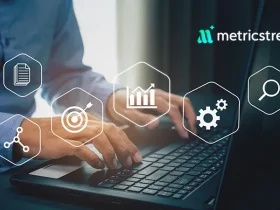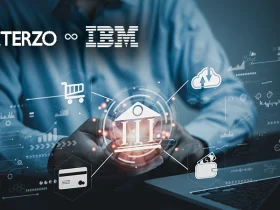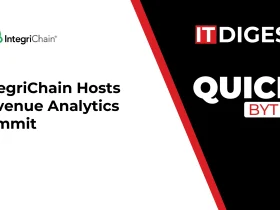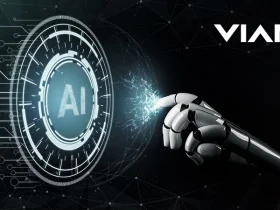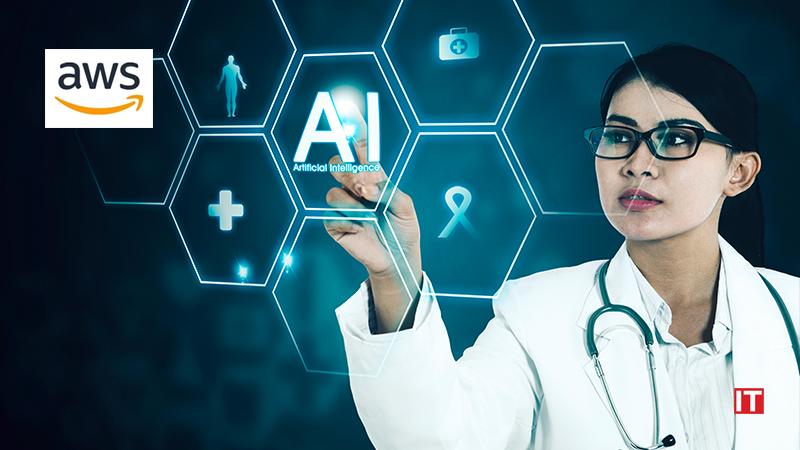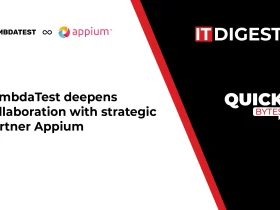Amazon Web Services, Inc., an Amazon.com company at AWS Summit New York announced AWS HealthScribe, a new HIPAA-eligible service that empowers healthcare software providers to build clinical applications that use speech recognition and generative AI to save clinicians time by generating clinical documentation. With AWS HealthScribe, healthcare software providers can use a single API to automatically create robust transcripts, extract key details, and create summaries from doctor-patient discussions that can then be entered into an electronic health record (EHR) system. Powered by Amazon Bedrock, AWS HealthScribe makes it faster and easier for healthcare software providers to integrate generative AI capabilities into their application starting with two popular specialties , without needing to manage the underlying machine learning (ML) infrastructure or train their own healthcare-specific large language models (LLMs).
AWS HealthScribe enables responsible deployment of AI systems by citing the source of every line of generated text from within the original conversation transcript, making it easier for physicians to review clinical notes before entering them into the EHR.
Generative AI is quickly transforming many industries, including healthcare and life sciences. As interest in generative AI continues to grow, healthcare software vendors are looking to leverage this technology in their clinical applications to solve common pain points for clinicians in the healthcare industry. One of the most common issues is compiling clinical documentation after every patient-clinician discussion. This is important for compliance, quality measures, and reimbursement, but it is also a complex, multi-step process that takes time away from seeing patients.
Also Read: Akuity Launches an AI Assistant for Argo CD to Help Troubleshoot Common Kubernetes Deployment Issues
While many of these healthcare software providers use text to speech and natural language processing (NLP) to streamline this process , generative AI has been the missing piece to help these applications go from recorded discussions to concise clinical documentation that can be entered into an EHR. However, working with generative AI is complex, and integrating multiple AI systems into a cohesive solution requires significant engineering resources.
To build these generative AI capabilities, a provider must train or fine-tune their own LLM to generate accurate clinical documentation, which requires access to in-demand AI experts, massive amounts of carefully annotated healthcare data, and significant compute capacity. Even then, an LLM for healthcare needs to be specially trained to understand complex medical terminology across different specialties (e.g., general medicine, pediatrics, or orthopedics), to be capable of understanding, analyzing, and summarizing free-flowing discussions, as well as recognizing prescription names and dosages. To ensure these solutions are working properly, software providers must also build with responsible AI in mind, including designing the solution so that clinicians can trace the origin of any generated text to mitigate the risk of errors or hallucinations. Healthcare software providers must also dedicate engineering time and resources to ensuring these systems meet the stringent security and privacy requirements of the healthcare industry.
SOURCE: Businesswire







